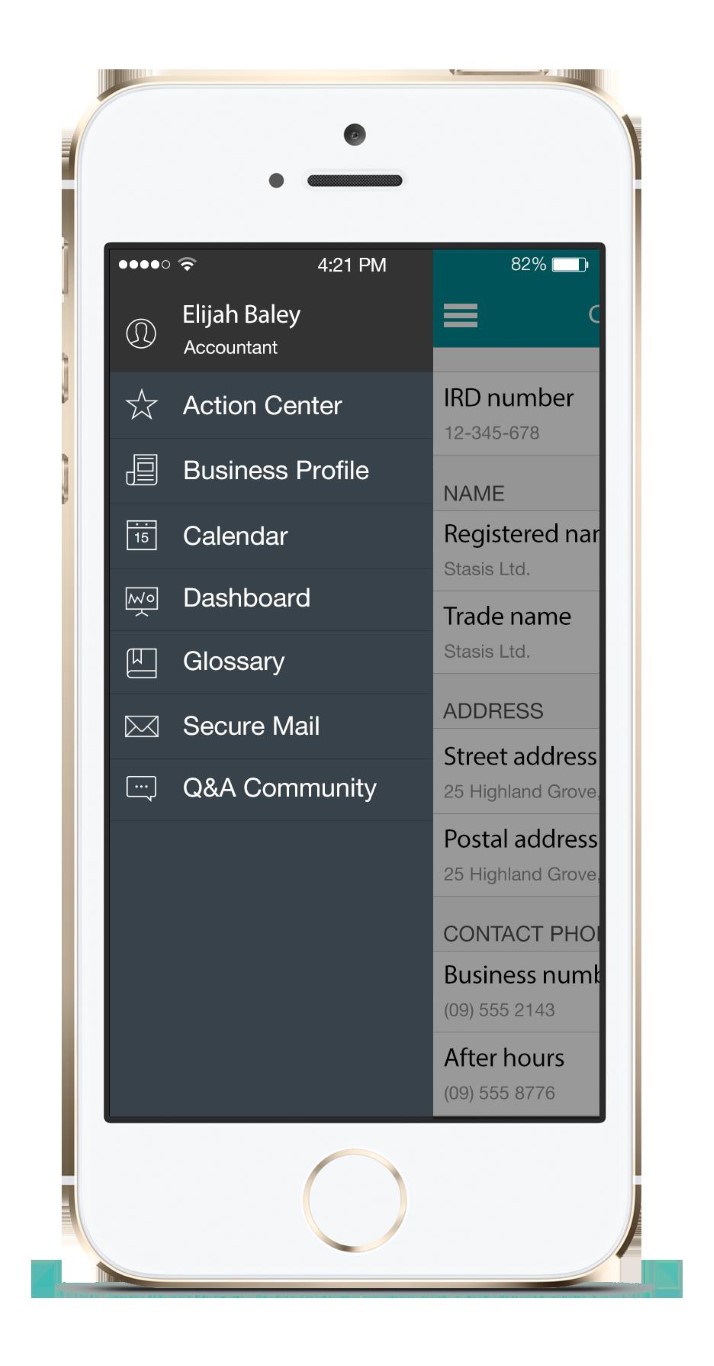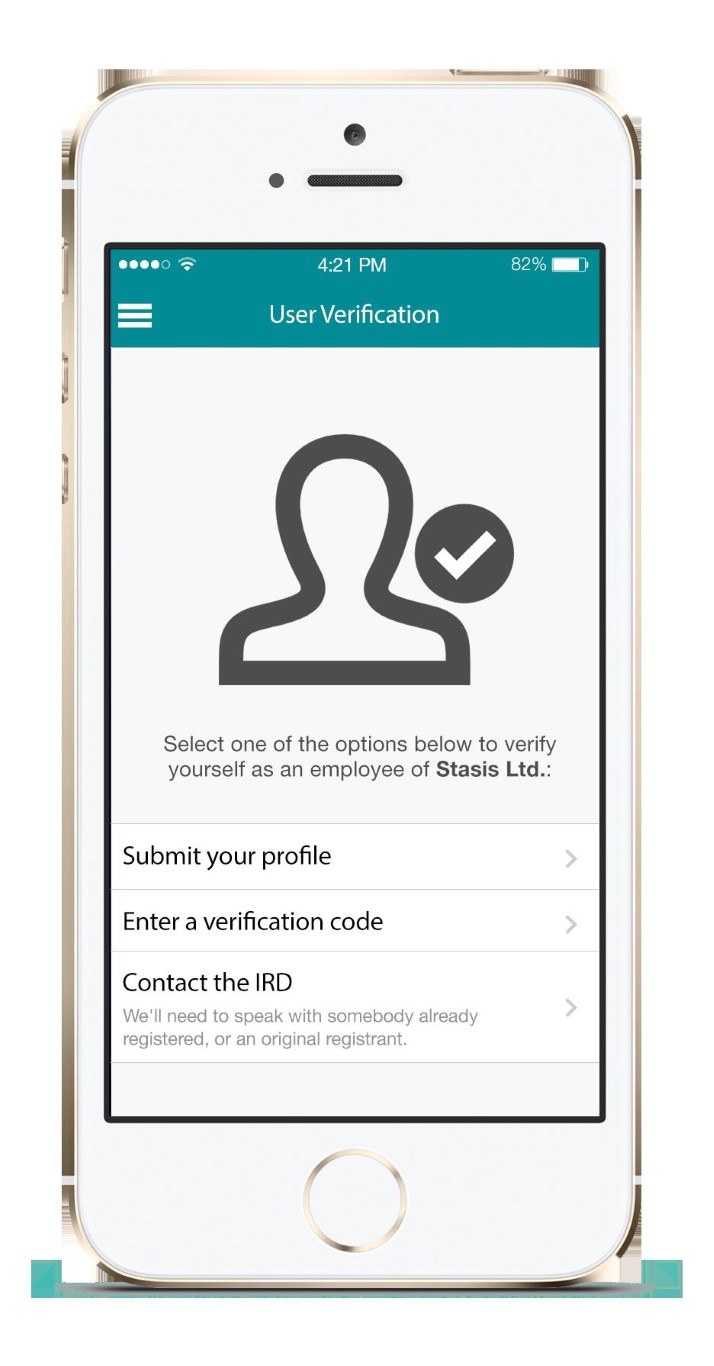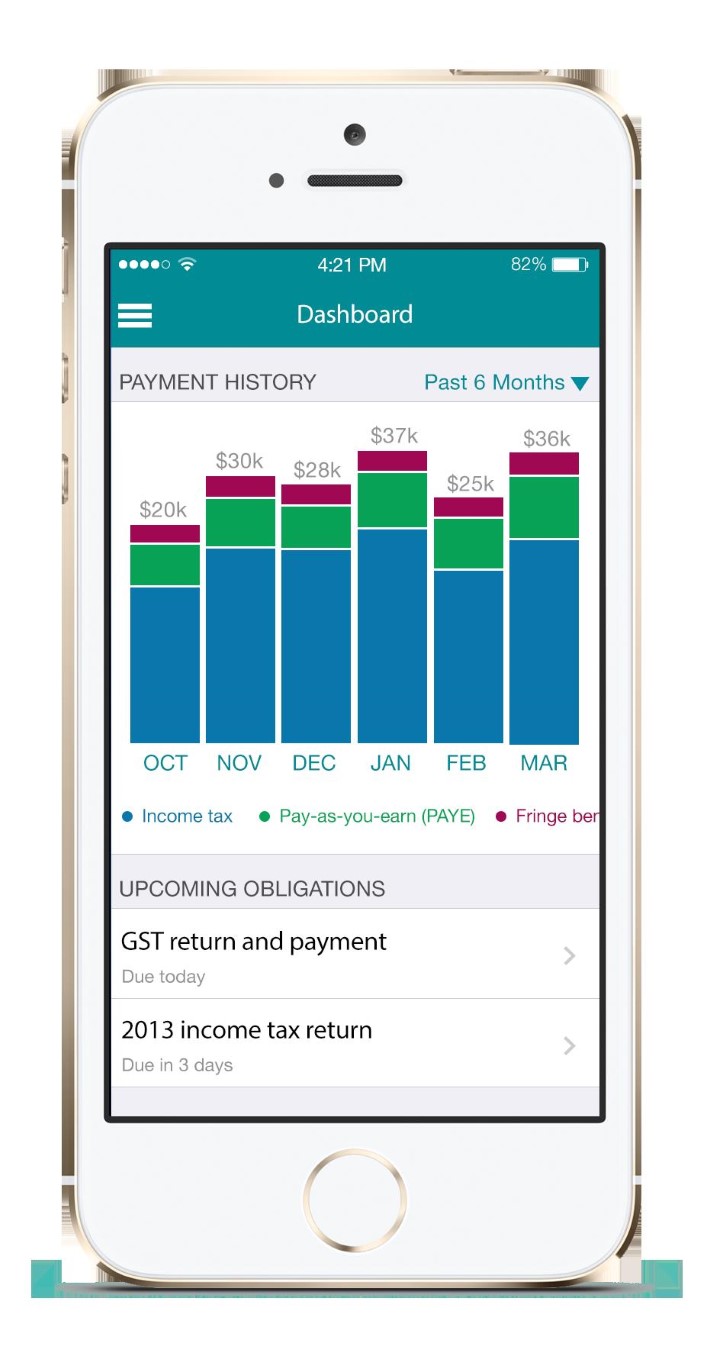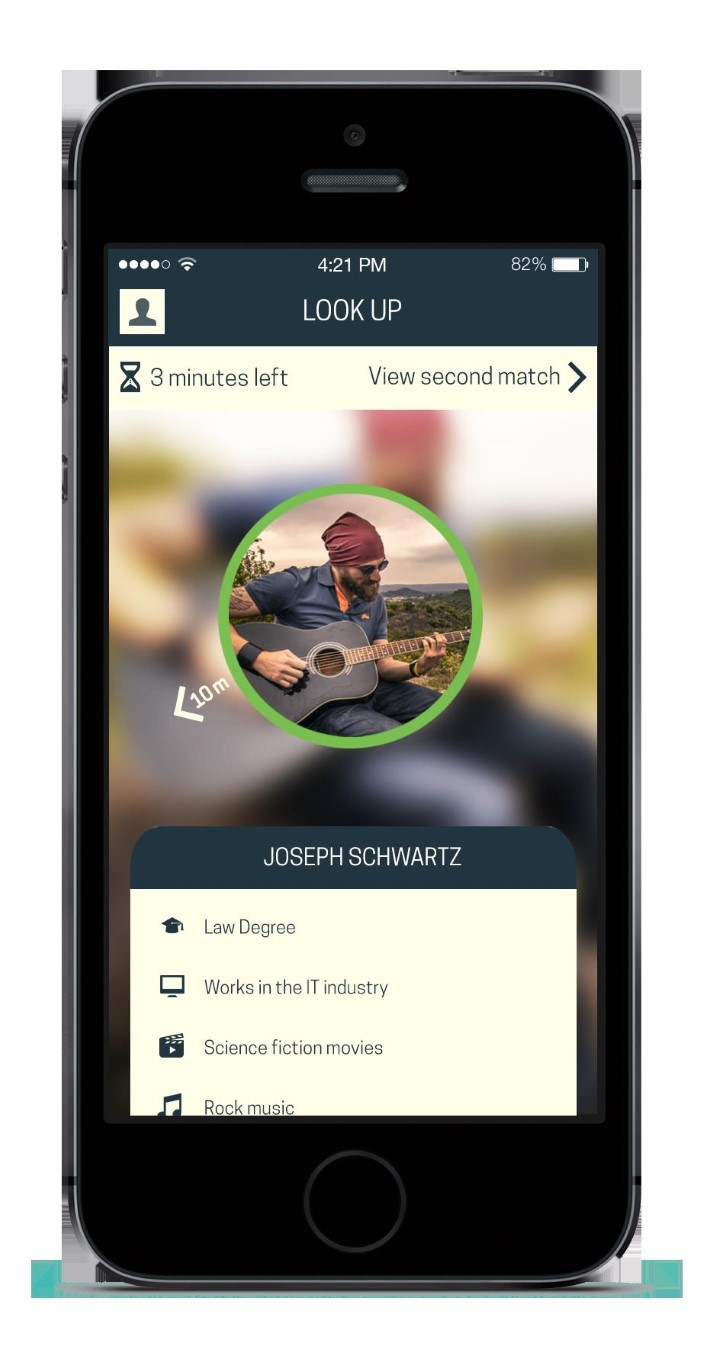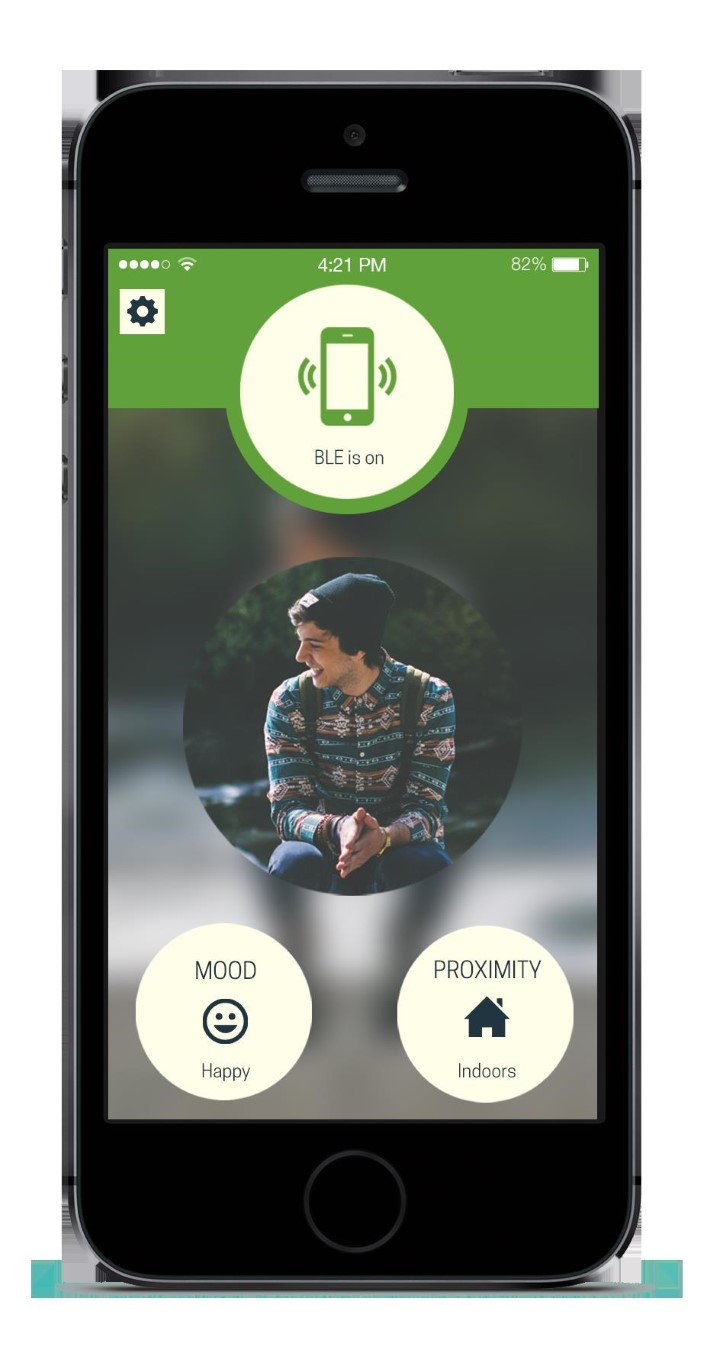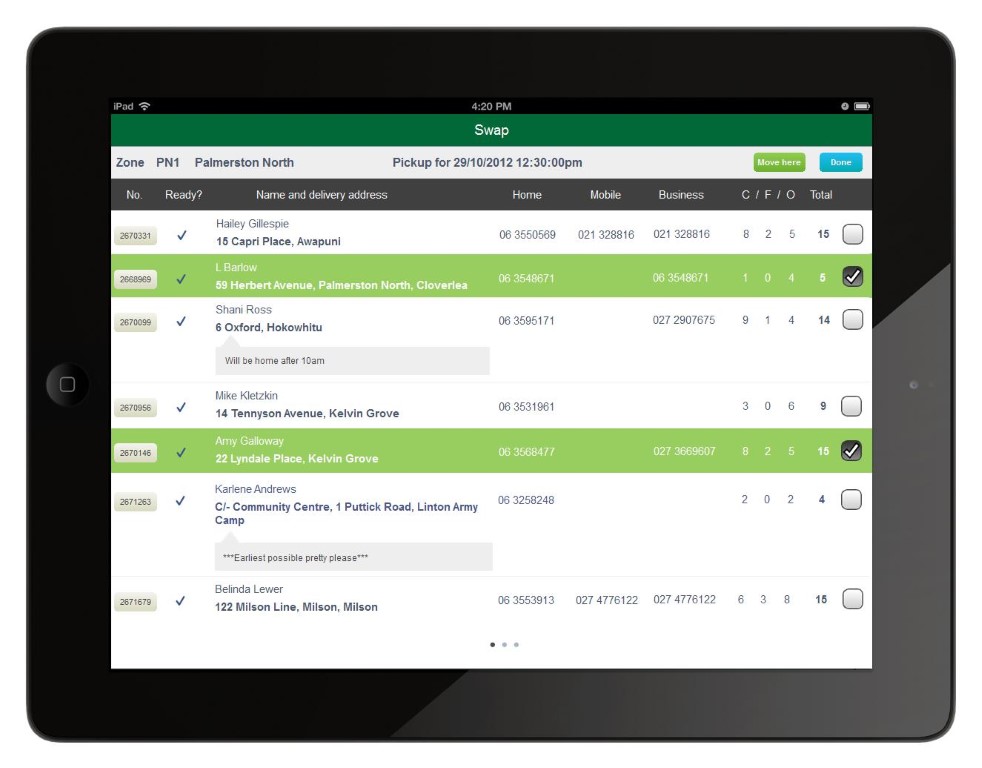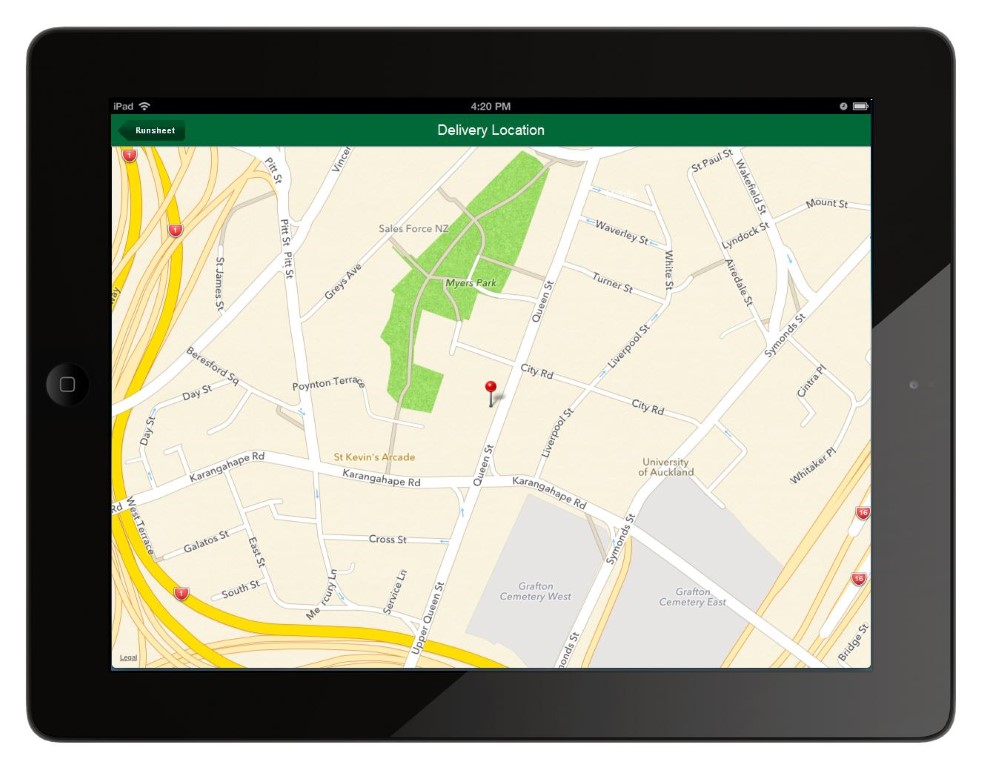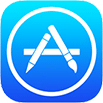Artificial intelligence (AI) is rapidly transforming the app landscape. If you want to create cutting-edge mobile apps that are intelligent and user-centric, you'll need the right AI development tools. Let's delve into the best libraries, frameworks, and platforms that can simplify the process:
1. AI Frameworks for Mobile
These frameworks are designed with mobile performance and constraints in mind:
TensorFlow Lite: Google's powerhouse framework offers a streamlined version for deploying pre-trained machine learning models on mobile devices. Optimise models for speed and size, crucial for app performance.
ML Kit (Firebase): Google's ML Kit provides easy-to-use APIs for common mobile AI tasks like image recognition, barcode scanning, language translation, and smart text replies. Great for quick integration.
Core ML (Apple): If you're building iOS or macOS apps, Core ML is your go-to. It's optimised for Apple hardware and integrates seamlessly into mobile app development workflows.
2. AI Development Platforms
These platforms offer end-to-end solutions making AI integration easier, even if you're not a machine learning expert:
Google AI Platform: Access a wide array of services, from pre-trained machine learning models to customisable model training. Leverage cloud-based power for complex tasks.
Amazon SageMaker: Build, train, and deploy machine learning models efficiently. Provides helpful tools for data labeling, model tuning, and deployment to mobile devices.
Create ML (Apple): A user-friendly tool within Apple's ecosystem. Drag-and-drop interfaces for model training and easy integration into your iOS projects.
3. Specialised AI Libraries
For more nuanced AI implementation, explore task-specific libraries:
OpenCV: Computer vision powerhouse with image processing, object recognition, and real-time video manipulation. Build AR features or analyse camera input intelligently.
Hugging Face Transformers: State-of-the-art for Natural Language Processing (NLP). Use for sentiment analysis, text generation, chatbots, and more.
Scikit-learn: Provides a wide array of traditional machine learning algorithms from classification to regression and clustering. Useful for a diverse set of AI-powered app features.
Things to Consider When Choosing Tools
Ease of Use: Do you need full control or simplified integration?
Target Platforms: iOS, Android, or cross-platform? Ensure compatibility.
Offline Capabilities: Does your app need to function without constant connectivity?
Model Performance: Balance accuracy with speed and resource usage for a seamless app experience.
The Ever-Expanding AI Toolkit
The toolbox for app developers incorporating AI keeps growing. Don't be afraid to experiment and find the best fit for your projects. With these powerful tools, you can unlock the potential of AI to create more intelligent, personalised, and intuitive mobile app experiences.

















